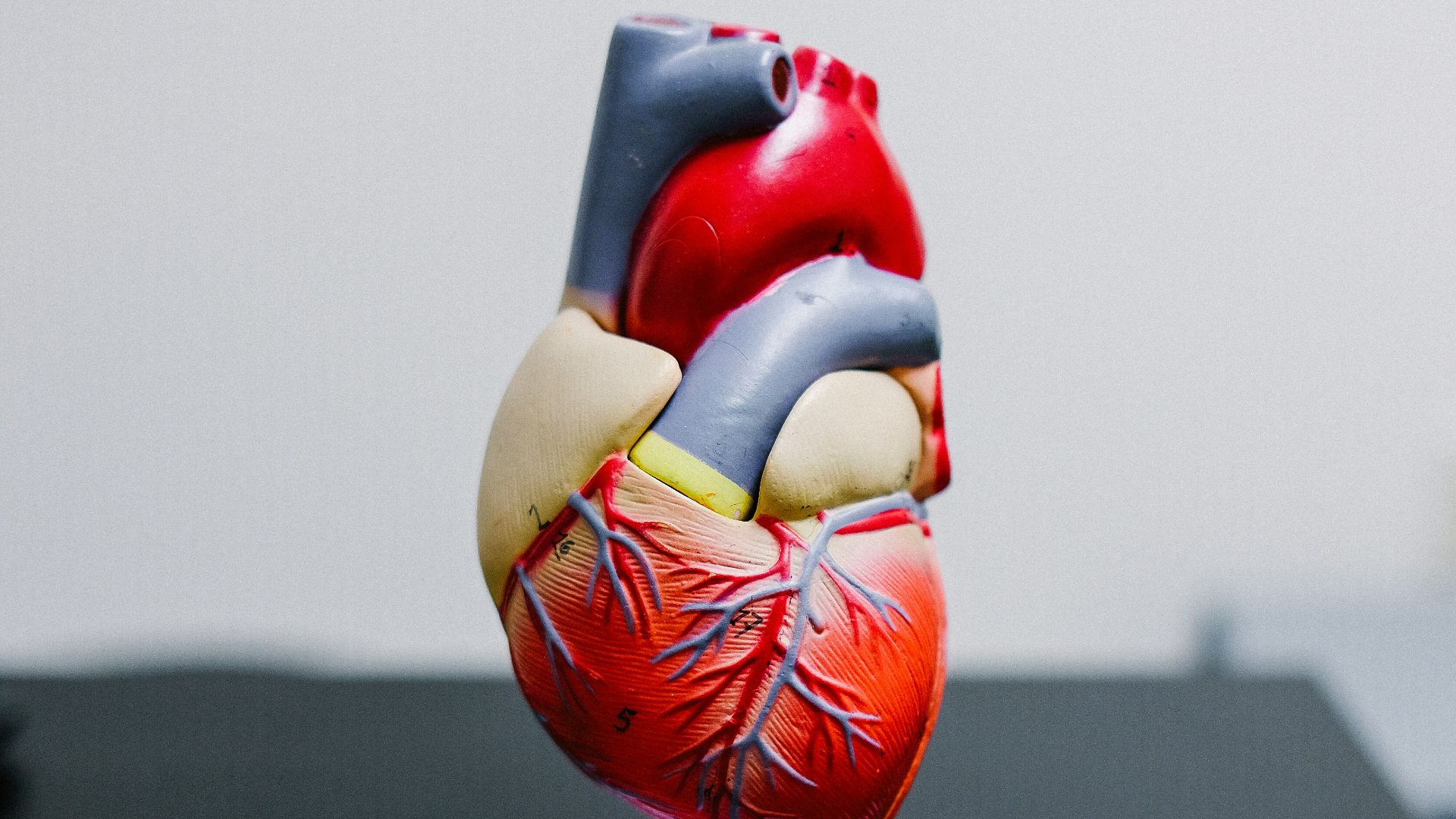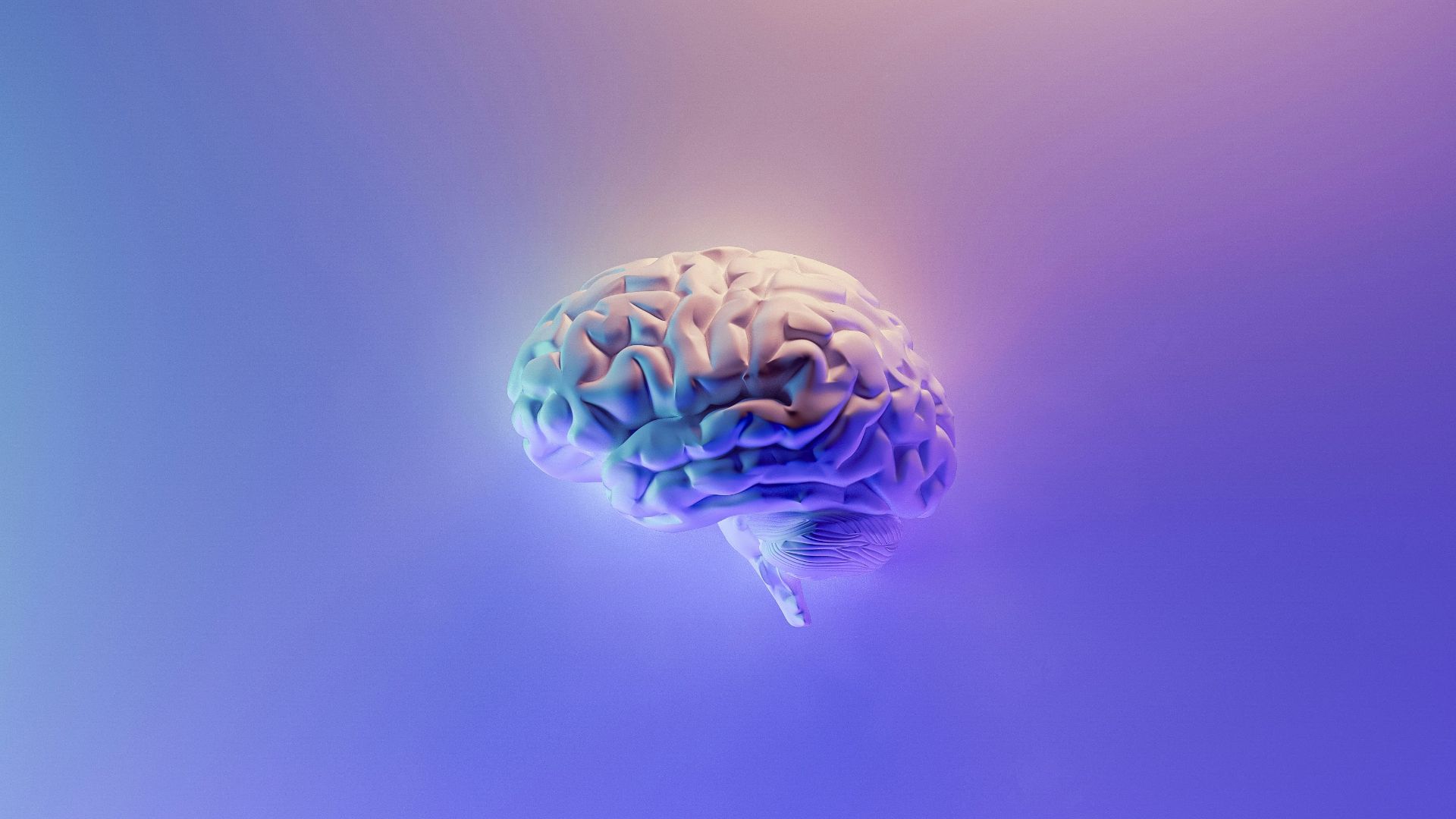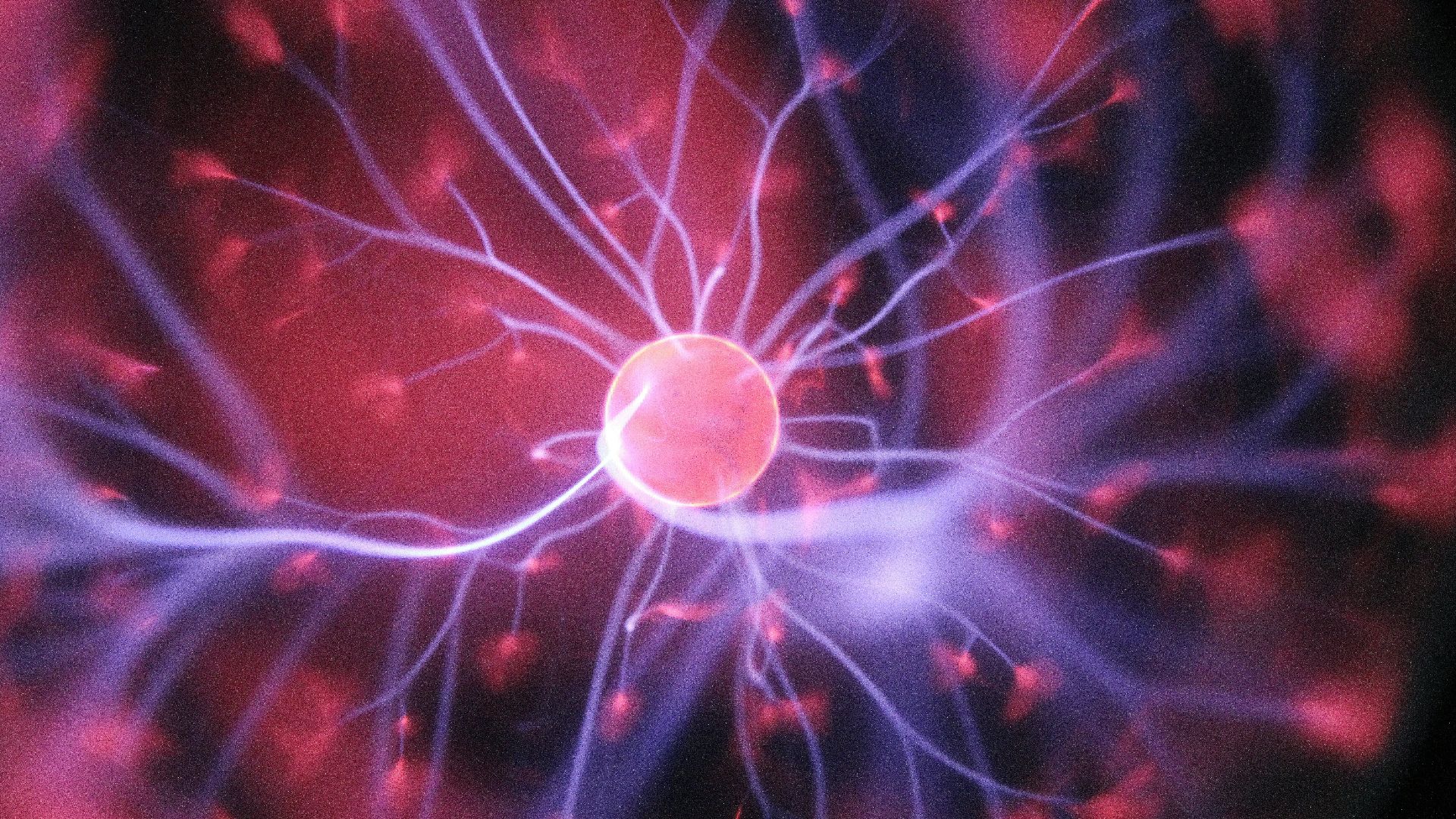10 Reasons You Should Try Intermittent Fasting & 10 Reasons Not To
The Pros And Cons Of Intermittent Fasting
Intermittent fasting is the practice of not eating for 14-16 hours and having all your meals within the remaining 8-10 hours of the day. Some people swear by it for losing weight and improving overall health, while others complain it negatively affects their mood and energy. Before you hop on the intermittent fasting bandwagon, it's important to understand the pros and cons. Here are 10 reasons you should try intermittent fasting and 10 reasons not to.
1. It Improves Your Blood Sugar
Intermittent fasting can improve your metabolism by stabilizing your blood sugar. It may reduce your insulin resistance, staving off cardiovascular diseases like diabetes.
 Diabetesmagazijn.nl on Unsplash
Diabetesmagazijn.nl on Unsplash
2. It Helps You Lose Weight
Although it's unclear how effective intermittent fasting is at helping people lose weight in the long run, it does help people lose weight quickly in the beginning. This is because your daily calorie intake is reduced as you're eating one fewer meal per day.
3. It Reduces Your Cholesterol
Intermittent fasting has been found to reduce “bad” cholesterol. It does this by changing your metabolism from glucose to ketones which means it uses lipids instead of storing them.
4. It's Good For Your Brain
One study found that intermittent fasting can encourage the growth of new nerve cells, benefitting cognition. It has also been found to decrease your risk of developing brain-related illnesses like Alzheimer's and Parkinson's.
5. It May Reduce Your Risk Of Cancer
Studies on animals have found intermittent fasting to reduce the risk of certain types of cancer. This may be tied to the fact that intermittent fasting reduces obesity, and cholesterol, and improves blood sugar, all characteristics commonly connected to cancer.
6. It Increases HGH
Human growth hormone (HGH) in the blood may promote fat burning, muscle gain, and slow aging. Disruptions to growth hormone signaling occur when your insulin spikes so as intermittent fasting keeps your insulin levels low for most of the day, it can promote HGH production.
7. It Reduces Inflammation
Intermittent fasting reduces inflammation, the cause of many potentially life-threatening illnesses. It does this by putting pro-inflammatory cells into "sleep mode".
8. It Activates Cellular Repair Processes
Intermittent fasting triggers a cell renewal process called autophagy. During this process, cells break down and remove broken proteins that can build up in the body.
9. It Improves Longevity
Just like with long-term calorie restriction, intermittent fasting may prolong a person's life. One study done on mice found that fasting increased their lifespan by 13 percent and delayed various health conditions.
10. It May Help Lower Blood Pressure
Studies have shown intermittent fasting to reduce blood pressure. High blood pressure can lead to heart attack and stroke.
Now that we've gone over some of the benefits of intermittent fasting before you dive right in, let's go over some of the risks.
1. It May Cause You To Store Fat
Not eating for long periods may actually have the opposite effect than is expected. One study found that your body can go into starvation mode which causes it to store fat.
2. Difficulty Concentrating
Low blood sugar levels can cause some people to have difficulty concentrating. Glucose is the main form of energy for your body so when you intermittently fast, you're restricting the energy that fuels your brain.
3. Irritability
Intermittent fasting can cause hanger in a big way. Especially when first getting used to eating less, some people report extreme mood swings.
4. Hunger & Cravings
Naturally, when restricting calories, you'll feel more hungry. This makes you more susceptible to giving in to cravings and overeating which just brings you in the opposite direction of your weight loss goals.
5. Headaches
People who adopt this different eating style often report getting "fasting headaches" which occur in the frontal part of the brain. Low blood sugar is the most likely cause of these types of headaches.
6. Fatigue
One of the biggest reported problems of intermittent fasting, particularly for very active people, is that it can cause fatigue and lower energy levels. We get energy from food, so naturally, restricting calories for part of the day can cause you to have significantly less energy.
7. Bad Breath
One surprising potential side effect of intermittent fasting is bad breath. Fasting reduces the production of saliva which acts as a barrier against smelly bacteria.
 Scheich Méshaël Zāhedd on Unsplash
Scheich Méshaël Zāhedd on Unsplash
8. Sleep Disturbances
Have you ever been woken up by your grumbling tummy? A common side effect of intermittent fasting is that it causes disturbances in sleep, making it hard to fall asleep or stay asleep.
9. Dehydration
When first beginning fasting, your body releases a lot of urine. People don't often realize this and forget to compensate by drinking more water, causing dehydration. What's more, we get a lot of fluids from the foods we eat, so less food means less hydration.
10. Digestive Issues
Eating all your calories over a shorter time frame isn't friendly to everyone's digestive system. Indigestion, diarrhea, nausea, and bloating are commonly reported.
KEEP ON READING

The Most Popular Chocolate Bars in the USA

























